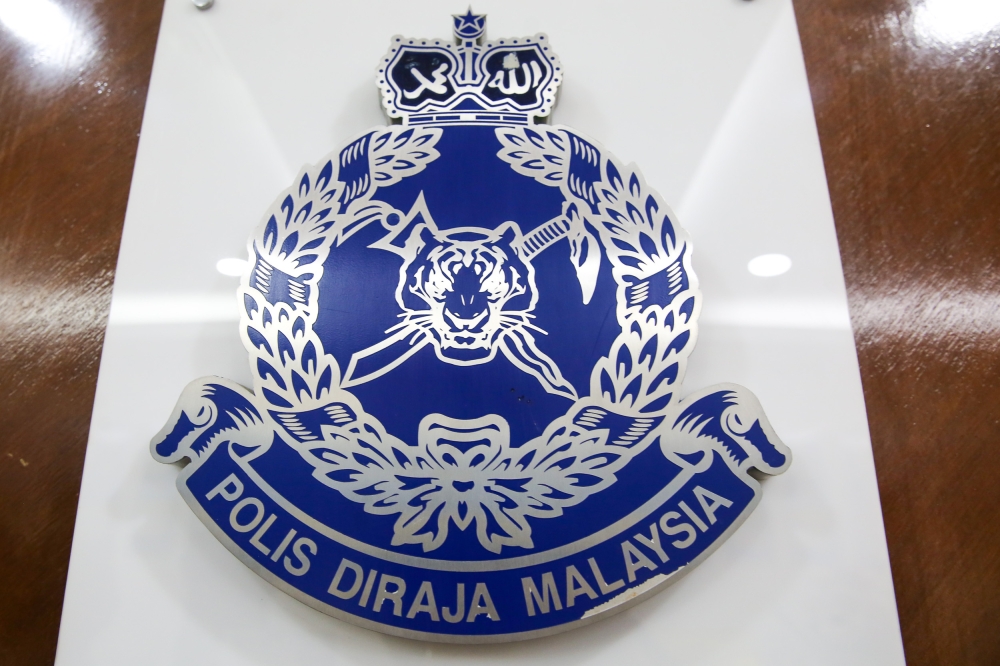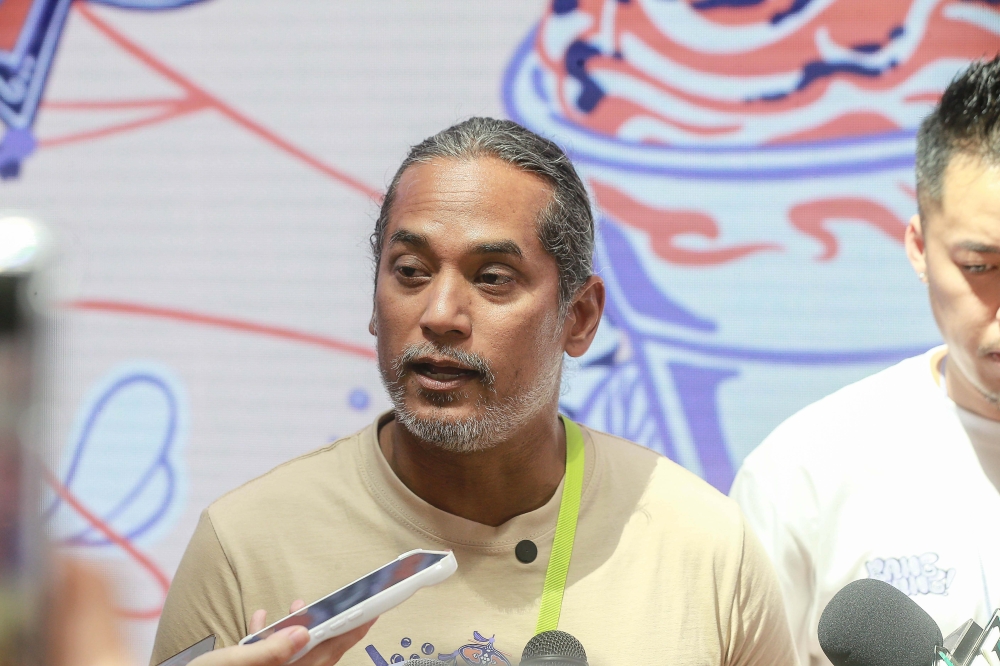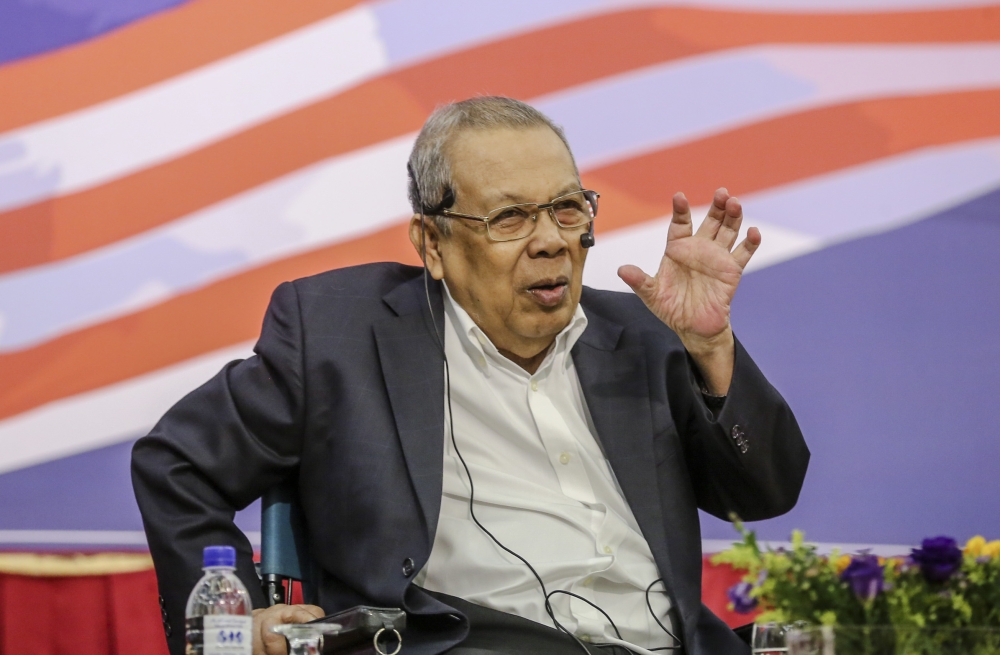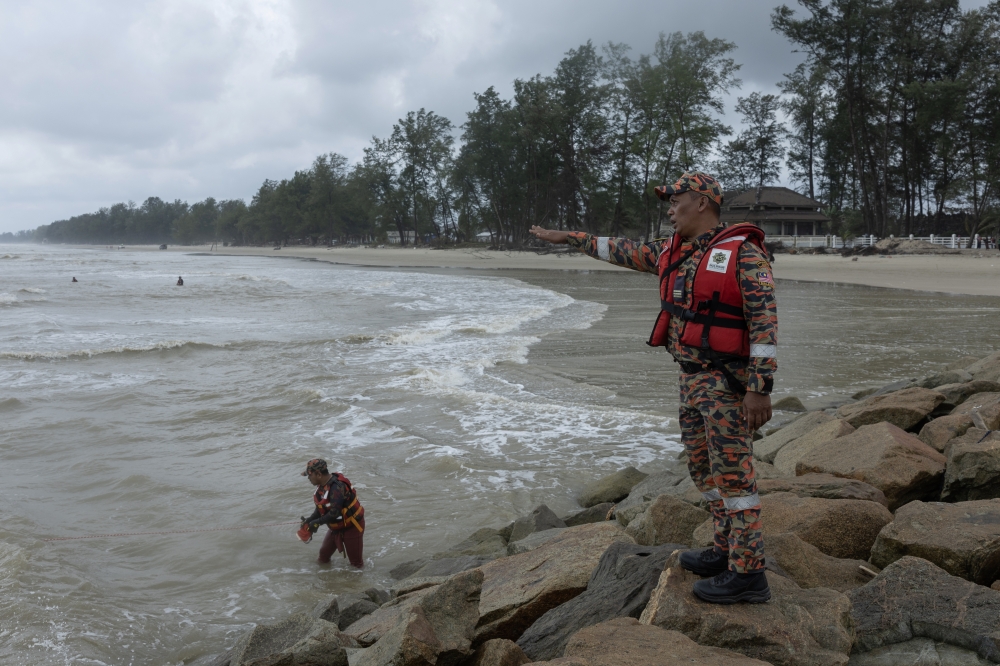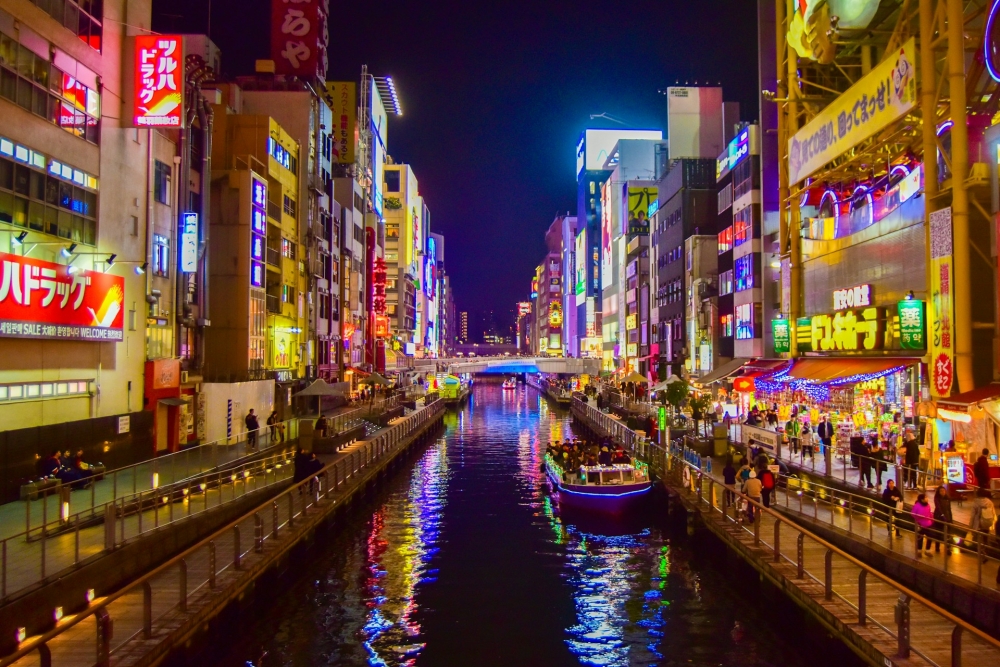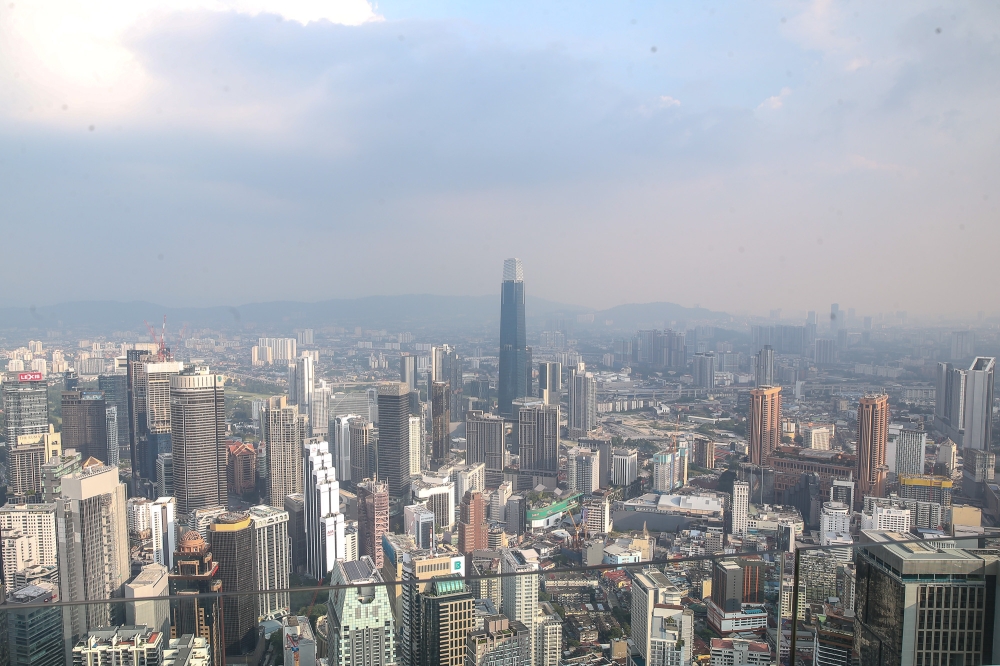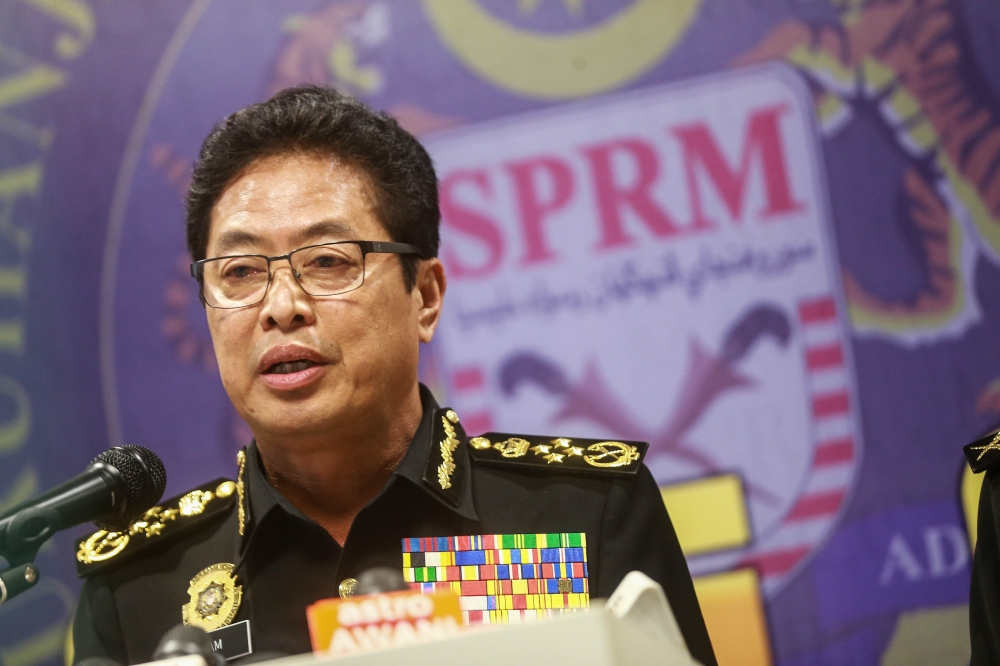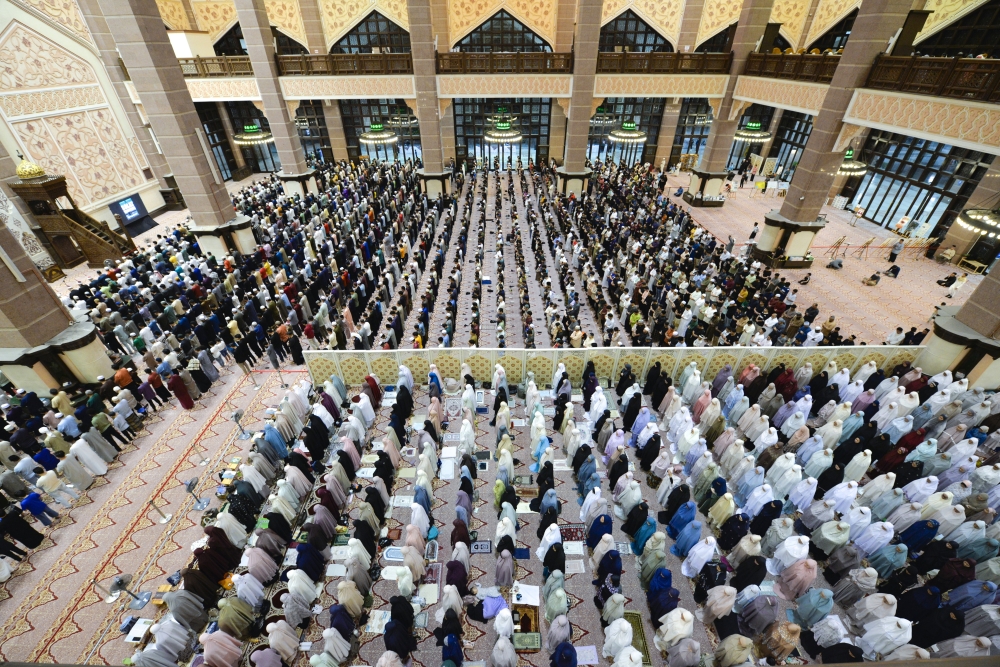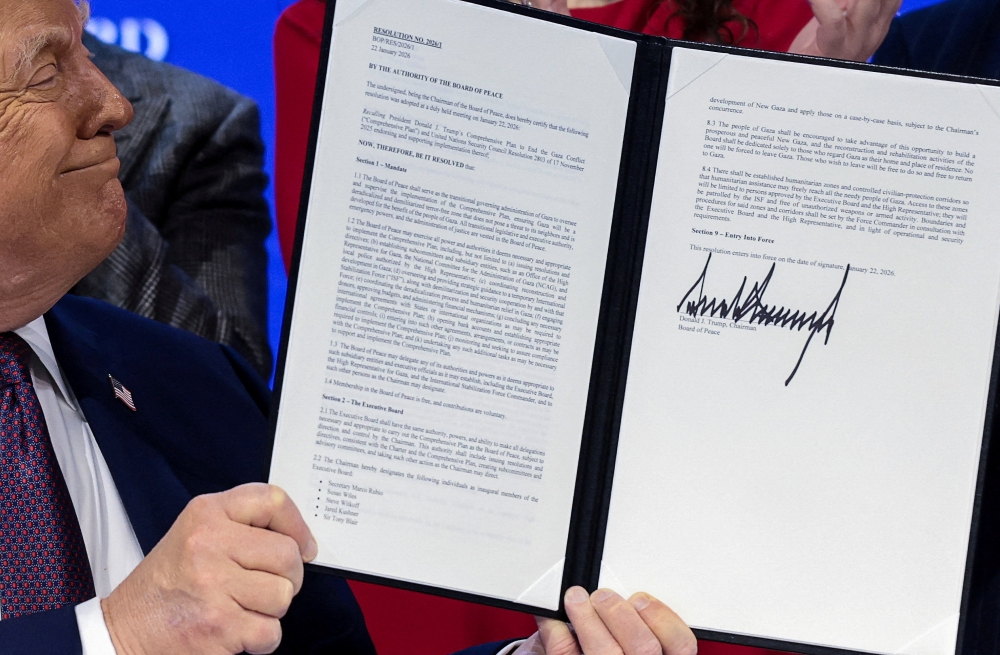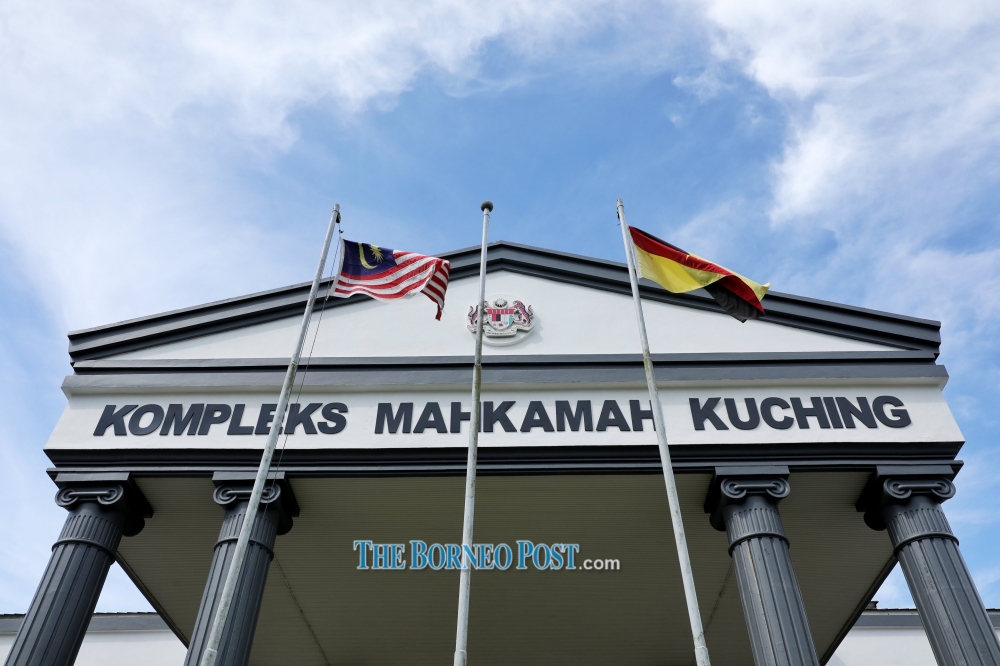APRIL 5 — Theory, empirical evidence, and logic suggest an intimate relationship between identity politics and corruption. Identity politics and corruption are twin evils that need each other to enter and entrench in the society and continue robbing it of its national future. As a nation, if we want to secure our place under the sun in the 4IR and 5IR era, which is quickly approaching, we need to fight and eradicate both.
“Identity politics” denotes the use of a category that is common to a particular group of people, such as specific demographic (ethnicity, religion, gender etc.) and/or associated with unique life experiences, to mobilise political support from that group, frame political rhetoric and pursue power. The unique life experience we are talking about here must necessarily refer to a sense of grievance due to being, as a group, marginalised in any form of matter (tangible or perceived), oppressed or excluded from expected access to power and resources.
Voicing out and asserting someone’s rights is a noble act we should applaud. However, the problem is that it often gets awry wrong when political outlets become the vehicle of such an assertion.
Unfortunately, the political rhetoric will nearly always artificially prop and overly accentuate the differences between those “in-group” and “out-group” whether those differences are real or are only made-to-believe.
On top of that, political leaders, in general, have a mere consumerist attitude to peoples’ grievances. People grievances are only important as long as a specific political project needs to score brownie points with voters. Little consideration is given to find the true causes of the rakyat’s resentments, and skimpy efforts are made to provide a credible solution. Instead, biased, populistic, and suboptimal policies follow, which, at worst, disadvantage and oppress the “out-group” while protecting those “in-group”, and thus the cycle of grievance continues.
Renowned contemporary political scientist Francis Fukuyama, an opponent of identity politics, points out that identity politics drastically weaken the state strategy—state administration turns into an act of balancing on the brink of war. Identity politics significantly complicate the job of addressing the vector of national priority goals.
Politicians get often carried away with their identity-laden rhetoric, completely ignoring the pulse from the ground and completely departing from the reality of what the rakyat wants and prioritises at the moment.

Given this selfish, ugly side of the identity-politics, it is not by chance that there appears to be an intimate, intertwined, strong association between the identity-politics and corruption.
The figure below plots the Corruption Perception Index against the Group Grievance Index worldwide over the past ten years. The Group Grievance Index serves only as a proxy to capture an extent of the ugly manifestation of identity politics in an individual country. This index takes into account such indicators as the extent of divisions and schisms along social and political axes, harmony of inter-group relationships and equality of access to various national resources, among others.
Even though both the indexes are not perfect in the sense that they are just very crude estimates of such complex unobservable socio-psychological constructs as corruption or identity politics, we still see quite a relationship here. The least corrupt nations also appear to be the least divided and vice versa.

We do not know the direction of this relationship, but it is logical to expect a reciprocal relationship to be at play.
Camilla Orjuela, professor in peace and development research, who specialises in studying various destabilising social processes across countries since the 1990s, discusses the reciprocal relationship between corruption and identity politics at length in her research publications.
Corruption and identity politics are two social evils that appear to feed on each other perfectly.
Plunging the resources illicitly from “others” does not invoke the same sense of moral remorse as cheating “your own people”. On the other side of the fence, it reinforces and solidifies the prejudice that “others” cannot be trusted.
Identity politics makes us lose the sense of right and wrong, and, as a result, we support political parties that are doing wrong (even if they are corrupt to the core) just because they are “in-group”. This idea was often reiterated in EMIR Research qualitative research findings:
“Let’s say we support a certain coalition. Just because of that, when they do something wrong, we try to justify it. It cannot be like that. A wrong is a wrong.”
When one identity group enjoys greater power over important decision-making channels, this opens the door for this group to explore ways of reaping the benefits of such an advantage as bribe-takers. While the other group, feeling hopeless about going through the formal system, resorts to unofficial channels of influence and become bribe-givers.
In its turn, falling victim to extortion and other corrupt practices invokes grievance (including the grievance that one’s own group does not rip the benefit of it). This feeling of grievance feeds the identity politics sentiment again.
The symbiotic relationship between corruption and identity politics is a vicious cycle. However, we must clearly understand how much we are putting at stake by apathetically remaining within this vicious cycle.
When identity politics is Mama and corruption is Baba, our national future, like an orphaned child with living parents, is lost and forsaken in this brutal political struggle to access power and public assets.
Let us literally add some colours to the previous graph—we colour those dots according to the countries’ degree of innovation output (red is the lowest and green is the highest) as measured by the Global Innovation Index’s corresponding dimension.
We notice that most countries superior in terms of their innovation output are concentrated in the left-hand side upper corner. Nation’s unity and rectitude literally determine its altitude as these traits on a national scale appears to be the only conducive environment to foster innovation.The relatively small proportion of those green dots also tells us how challenging it is to be a producer of innovative technology rather than a mere consumer of innovation—the only way to escape digital colonisation brought about by the 4IR era and fast approaching 5IR.
 The colour and location on the graph of such countries as Estonia, Germany, Japan, Singapore, South Korea (annotated on the graph) are not surprising. These countries have long embarked on similar national strategic visions (not policies) of riding the 4IR wave and subjecting it to serve their societies in the most inclusive way possible, leaving no one behind. These countries have long internalised the simple truth that identity politics and its best buddy—corruption—go contrary to a shared commitment to common ideals.
The colour and location on the graph of such countries as Estonia, Germany, Japan, Singapore, South Korea (annotated on the graph) are not surprising. These countries have long embarked on similar national strategic visions (not policies) of riding the 4IR wave and subjecting it to serve their societies in the most inclusive way possible, leaving no one behind. These countries have long internalised the simple truth that identity politics and its best buddy—corruption—go contrary to a shared commitment to common ideals.
Technology innovation might be a crucial third variable that propels these countries to the top of the graph. They have learned how to apply 4IR tools to curb corruption and poisonous identity politics through radical transparency, accountability, and participative governance models enabled by 4IR technologies. Resulting lower corruption and greater national unity breed even more innovation, and this is how the virtuous cycle of prosperity is created!
Meanwhile, quite symbolically, Malaysia is right in the middle of this graph as if at a crossroad. We face a serious existential choice to make. Will we allow identity politics together with corruption to overshadow all other shared national interests? Or will we choose to mobilise our national effort and eradicate twin evils at every level?
*Margarita Peredaryenko is chief research officer at EMIR Research
** This is the personal opinion of the writer and does not necessarily represent the views of Malay Mail.



